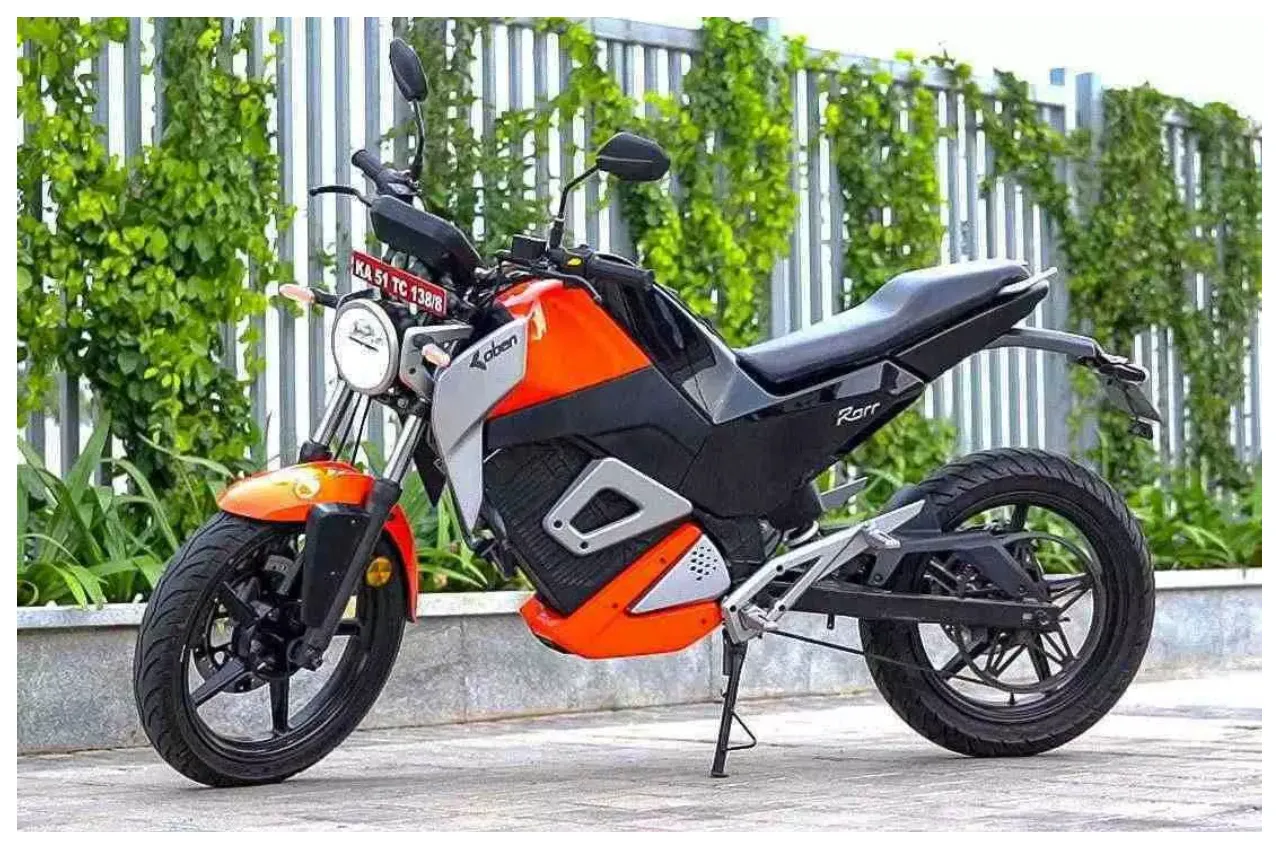E-bikes offer sustainable transportation that’s ideal for city living. Not only can they avoid traffic jams and power through hill climbs easily, they can even help you power through traffic jams quicker!
Ebikes have gained popularity due to a number of factors, including people’s desire to reduce environmental impact and concerns regarding health. Read on to discover why more people are opting for electric bikes as their daily transportation choice!
Reduced Emissions and Pollution
E-bikes don’t produce any emissions or consume fossil fuels from deep beneath the Earth, leaving an impressively smaller carbon footprint behind. Furthermore, e-bikes can be charged during off-peak hours to lessen strain on the electric grid and decrease energy costs.
E-Bikes can also be charged using eco-friendly electricity sourced from wind or solar power, making them even more eco-friendly than their counterparts. Also, due to being lightweight they do less damage on roads than traditional bicycles.
E-bikes can help reduce carbon emissions significantly depending on where you live by substituting for car trips. A recent study conducted in England demonstrated this fact by finding that e-bikes could potentially cut transportation carbon emissions by nearly 24 million metric tons annually (MacArthur et al, 2017). And this benefit applies both urban and rural settings alike as well as those on the suburban/urban fringe.
Less Traffic Congestion
An electric bicycle allows riders to effortlessly glide past traffic jams and quickly reach their destinations without straining themselves physically or mentally. This reduces strain on road infrastructure while giving drivers more time for work or leisure activities while simultaneously decreasing stress levels and making roads safer.
E-bikes are quieter than conventional vehicles and allow riders to escape noise pollution caused by car horns; therefore urban commuters can enjoy a peaceful ride to work or other important errands, freeing busy areas from traffic noise pollution.
E-bikes are easy to operate and accessible for people of all ages and abilities, which helps foster sustainable society by encouraging more people to choose active transportation options such as cycling. But their success requires dedicated bike lanes or supportive infrastructure in cities to promote their use.
Faster Commutes
E-bikes enable riders to cover more ground in less time, making them ideal if your work commute requires long travel distances or you live in hilly regions where climbing may be challenging.
E-Bikes make biking simpler due to the motor’s pedal assistance, meaning you can go further without becoming fatigued as quickly, and arrive at work feeling refreshed.
Your motor assistance level can typically be controlled via a controller located on your handlebar and close to your hands, and will display its current assistance level on-screen or with colored LED lights.
E-bikes can help save you money by cutting costs associated with fuel, maintenance and parking expenses. In addition, they’re quieter than cars which helps reduce noise pollution; their lighter construction causes less road damage compared to heavier vehicles; plus some cities even provide bike sharing programs and dedicate lanes just for them!
Healthier Lifestyle
When we think of electric bikes, our minds often turn to images of modern riders effortlessly coasting up steep hills with ease and taking the easy way out. But some might take issue with how ebikes seem like cheats who take shortcuts; yet once we look past our initial judgment, these bikes become enablers that encourage people who might otherwise forgo exercise to explore the outdoors more regularly and get active more frequently.
Cycling is an effective form of aerobic fitness and can help strengthen your heart while simultaneously lowering blood pressure. Furthermore, it increases your VO2 max–an indicator of overall health and longevity.
Employers looking to encourage more cycling and healthier lifestyles often offer to cover the costs associated with employees’ e-bikes and provide free maintenance, which makes owning and operating an ebike significantly cheaper than cars in terms of fuel, insurance, parking fees, maintenance and overall pollution levels.

